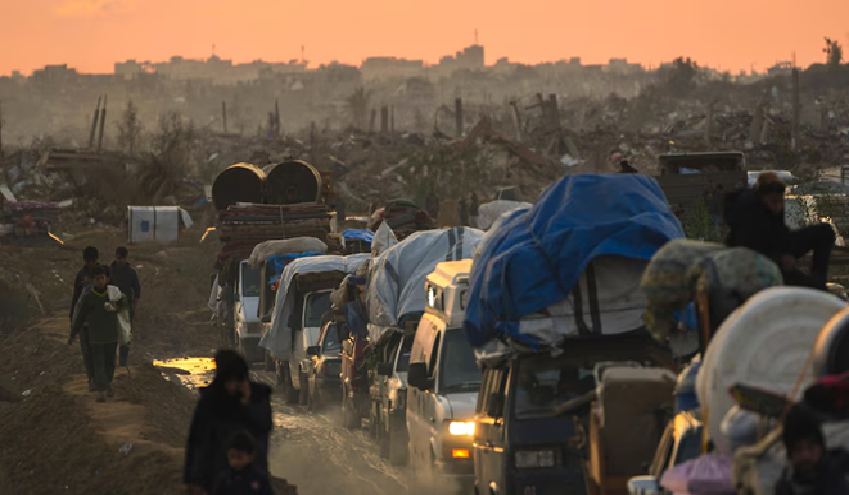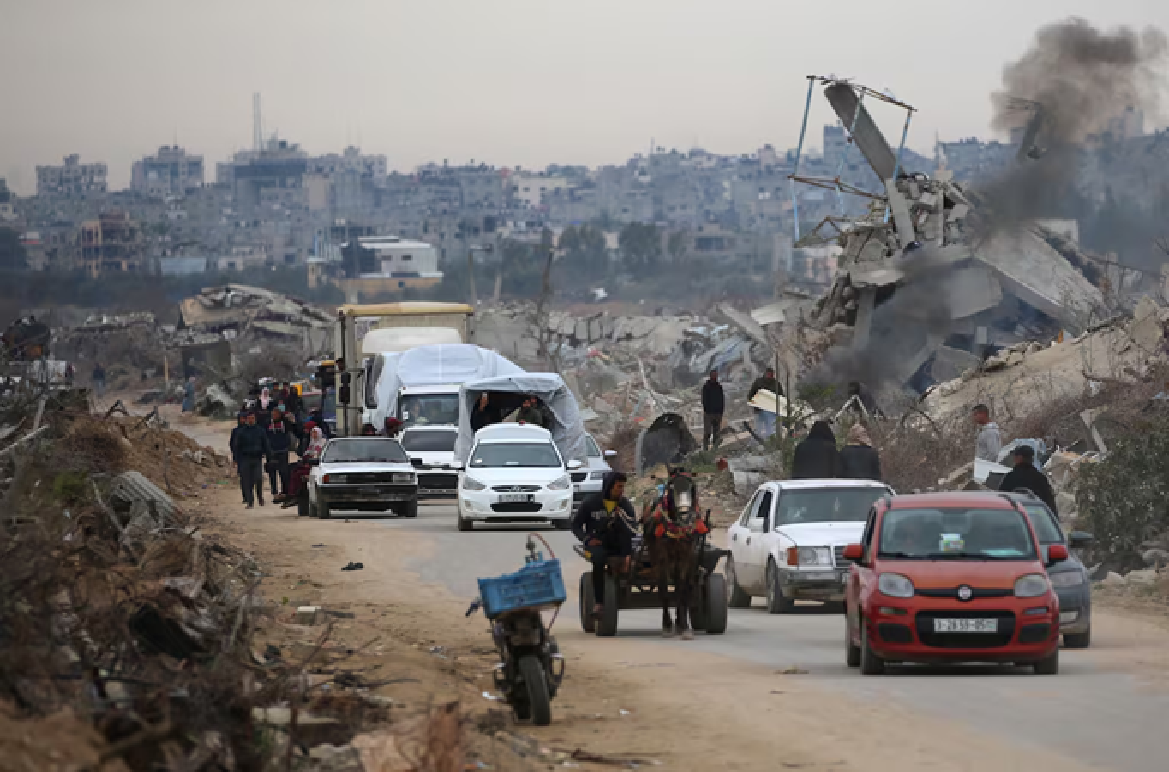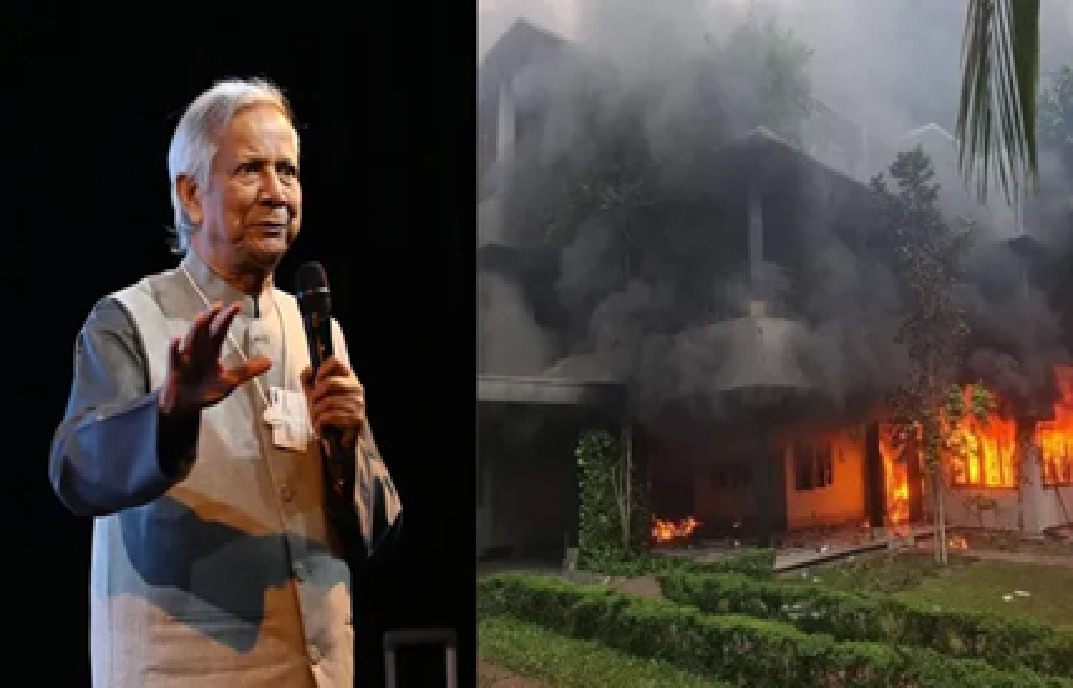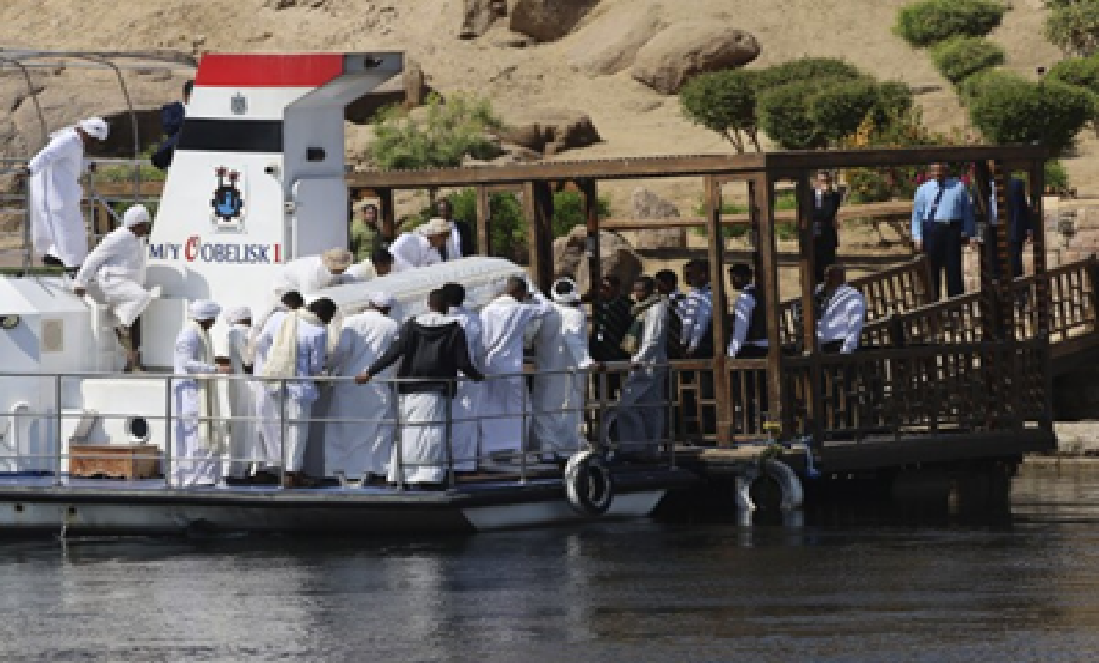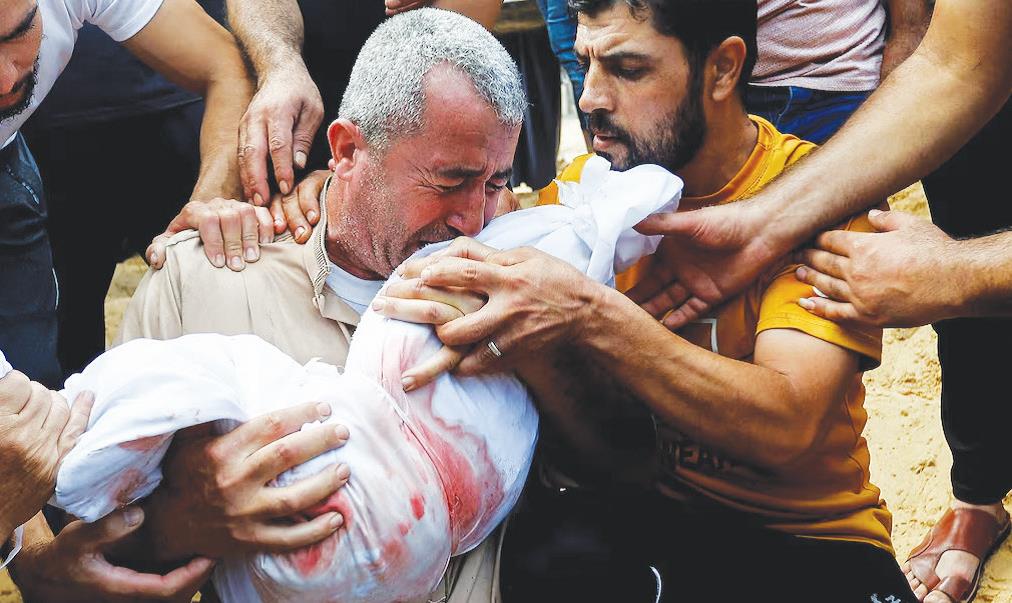
Palestinians live through another Nakba, recall first
Bengaluru/Gaza City, NT Bureau: Palestinians on Wednesday (May 15) marked Nakba Day, marking 76 years since their expulsion from their homeland by Jewish militias but Gazans among them are simultaneously dealing with a calamity far greater in magnitude.
Nakba – Arabic for catastrophe – refers to more than 750,000 Palestinians being displaced from 1947 to 1949 by militias mostly made up of Eastern European Ashkenazi Jewish settlers. Groups like Haganah, Irgun and Lehi – who later went on to form the Israeli Defence Forces (IDF) – also killed 15,000 Palestinians in 70 massacres, clearing about 530 villages and cities.
This ethnic cleansing paved the way for Jews to lay claim to 78 per cent of the nation. Israel went on to declare May 15 as their independence day.
During the 1967 Arab-Israeli war, Israel displaced a further 430,000 Palestinians to neighbouring Jordan, Syria and Egypt, in what came to be known as the ‘Naksa’ or the setback. Israel had wrested the West Bank from Jordan, besides East Jerusalem and Gaza from Egypt.
Moreover, Palestinians in Gaza, majority of whom are descendants of refugees from 1948, have been subjected to seven months of Israeli bombardment of the 12 km-long and 41 km-wide strip, which has also been besieged by the occupying state since 2006.
The Palestinian Health Ministry puts the death toll at more than 35,000, more than twice the 15,000 deceased during the Nakba.
Moreover, 1.7 million of the 2.3 million residents of Gaza have been internally displaced multiple times due to the bombardments. That number is twice as much as 750,000, the rough number of refugees from 1948.
The Israeli bombings and ground offensive began on October 7 after Palestinian armed groups launched a foray into southern Israel, which killed 1,200 people, mostly civilians. The IDF has also invaded Rafah city in Gaza, which borders Egypt.
 English daily published in Bengaluru & Doha
English daily published in Bengaluru & Doha


